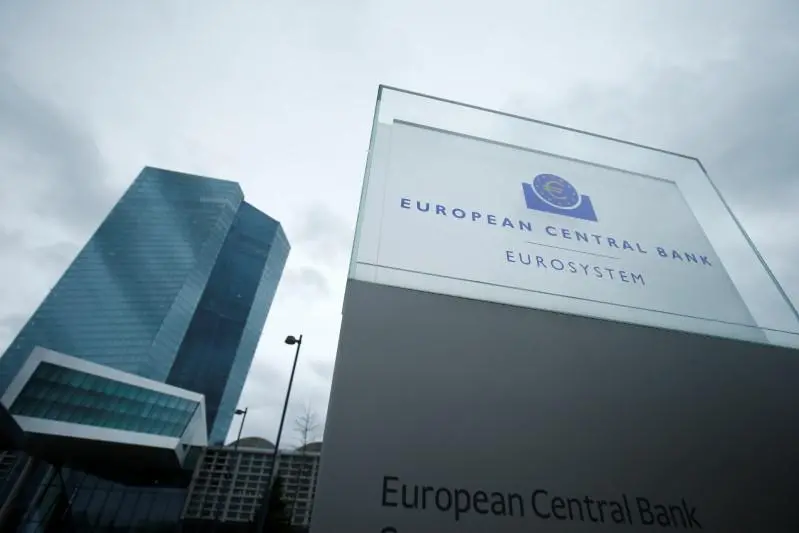PHOTO
FRANKFURT - The European Central Bank raised its interest rates for the first time since 2011 on Thursday and unveiled a new bond-buying programme to keep borrowing costs in check for the euro zone's most indebted countries.
The ECB raised its deposit rate by 50 basis points to zero, or twice as much as it had indicated after its previous meeting, in an effort to curb record-high inflation in the euro zone.
It also raised the rate on its weekly and daily cash auctions by 50 basis points to 0.50% and 0.75% respectively, and signalled that further increases in its three rates were likely to come this year.
"At the Governing Council’s upcoming meetings, further normalisation of interest rates will be appropriate," the ECB said. "The frontloading today of the exit from negative interest rates allows the Governing Council to make a transition to a meeting-by-meeting approach to interest rate decisions."
In a bid to cushion the impact of the rise in borrowing costs, the ECB also unveiled a new tool, the Transmission Protection Instrument (TPI).
This will let it buy bonds when it sees signs of financial fragmentation - an unwarranted divergence in borrowing costs among the euro zone's 19 countries.
"The scale of TPI purchases depends on the severity of the risks facing policy transmission. Purchases are not restricted ex ante," the ECB said.
The euro zone's central bank had not raised rates for 11 years and the deposit rate has been in negative territory since 2014.
Attention now turns to ECB President Christine Lagarde's 1245 GMT news conference.
(Reporting by Francesco Canepa; Editing by Catherine Evans and Tom Sims)





















